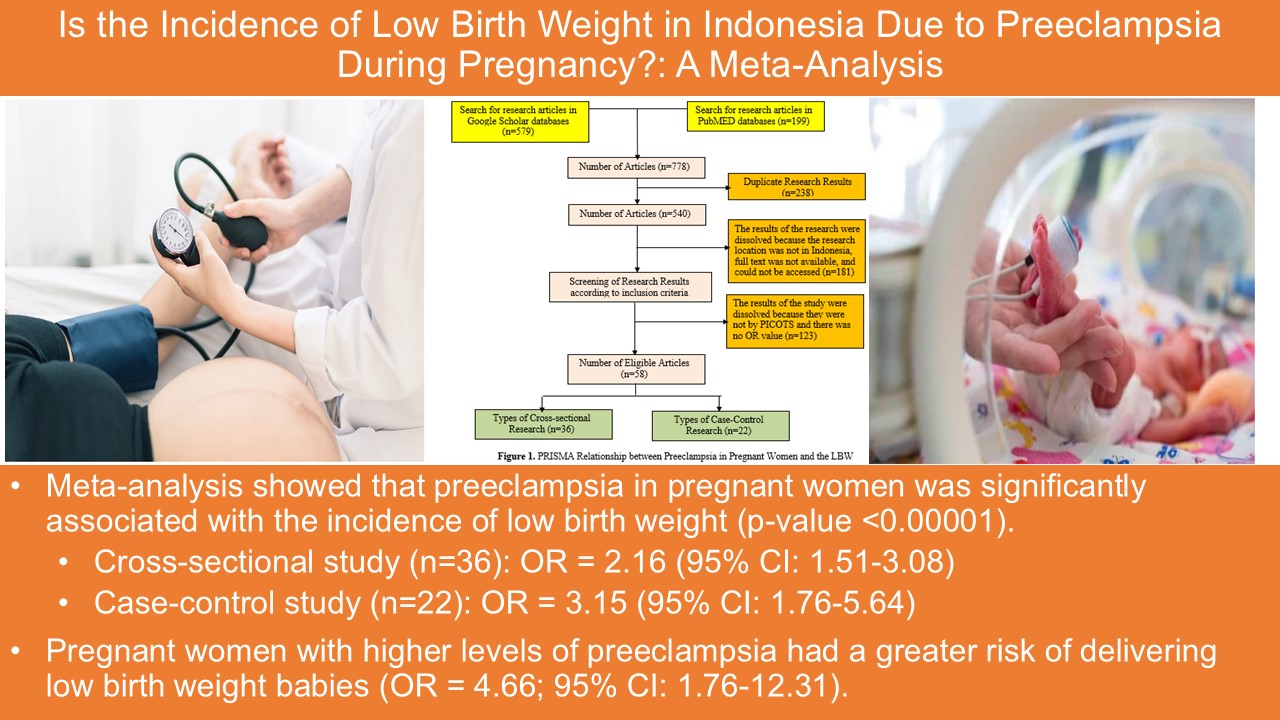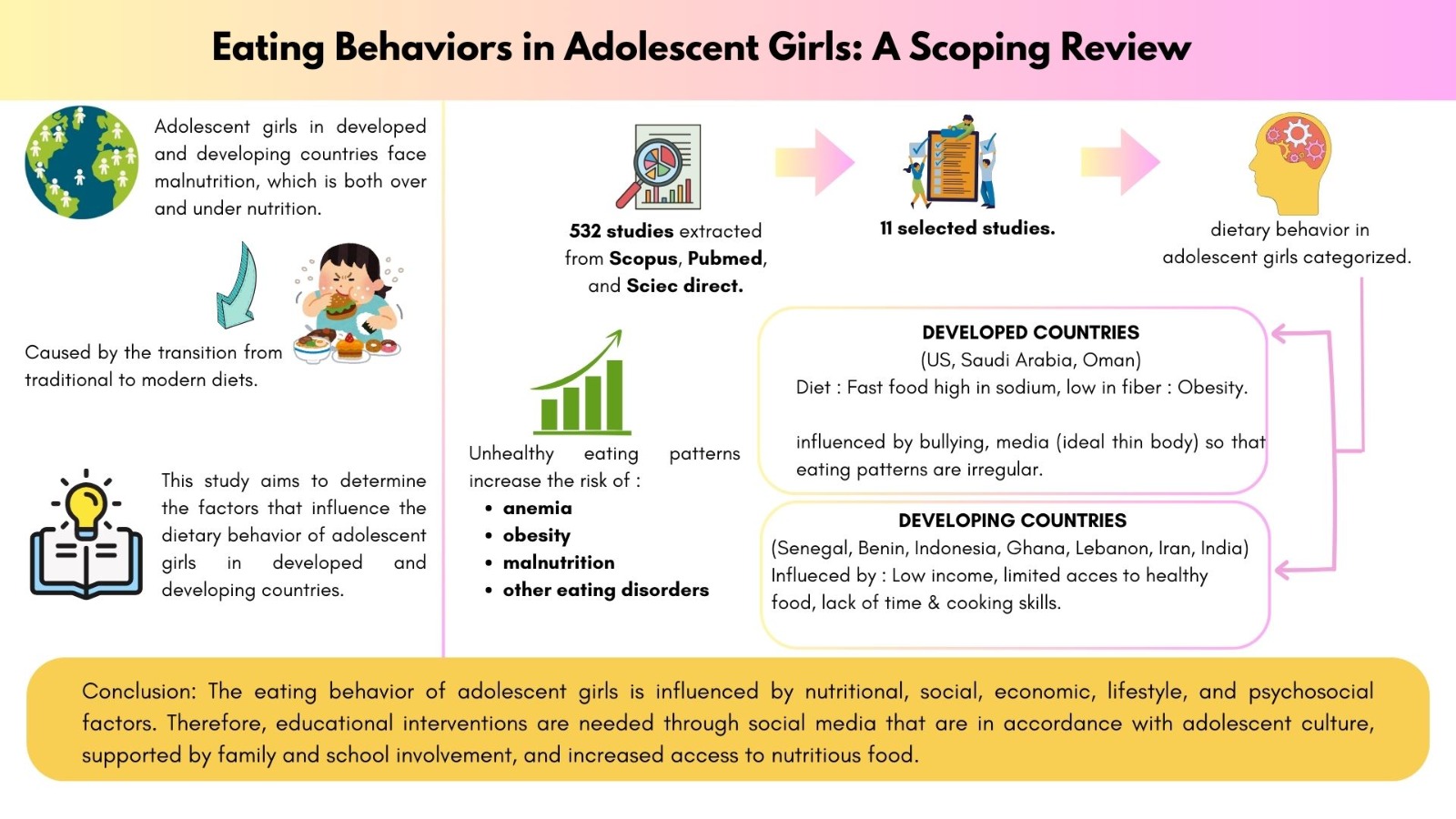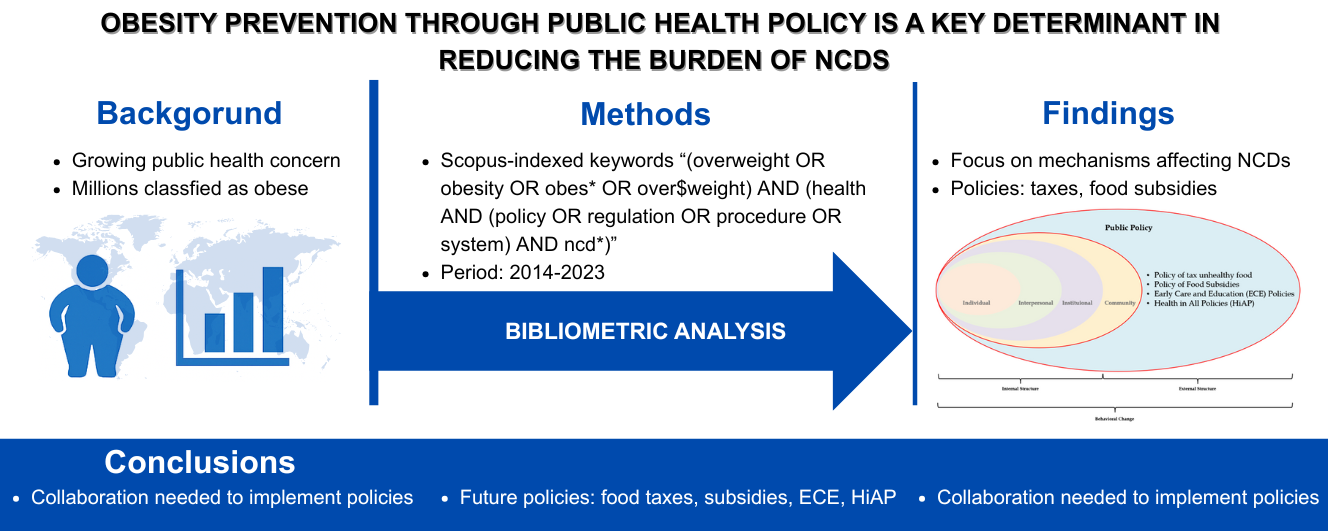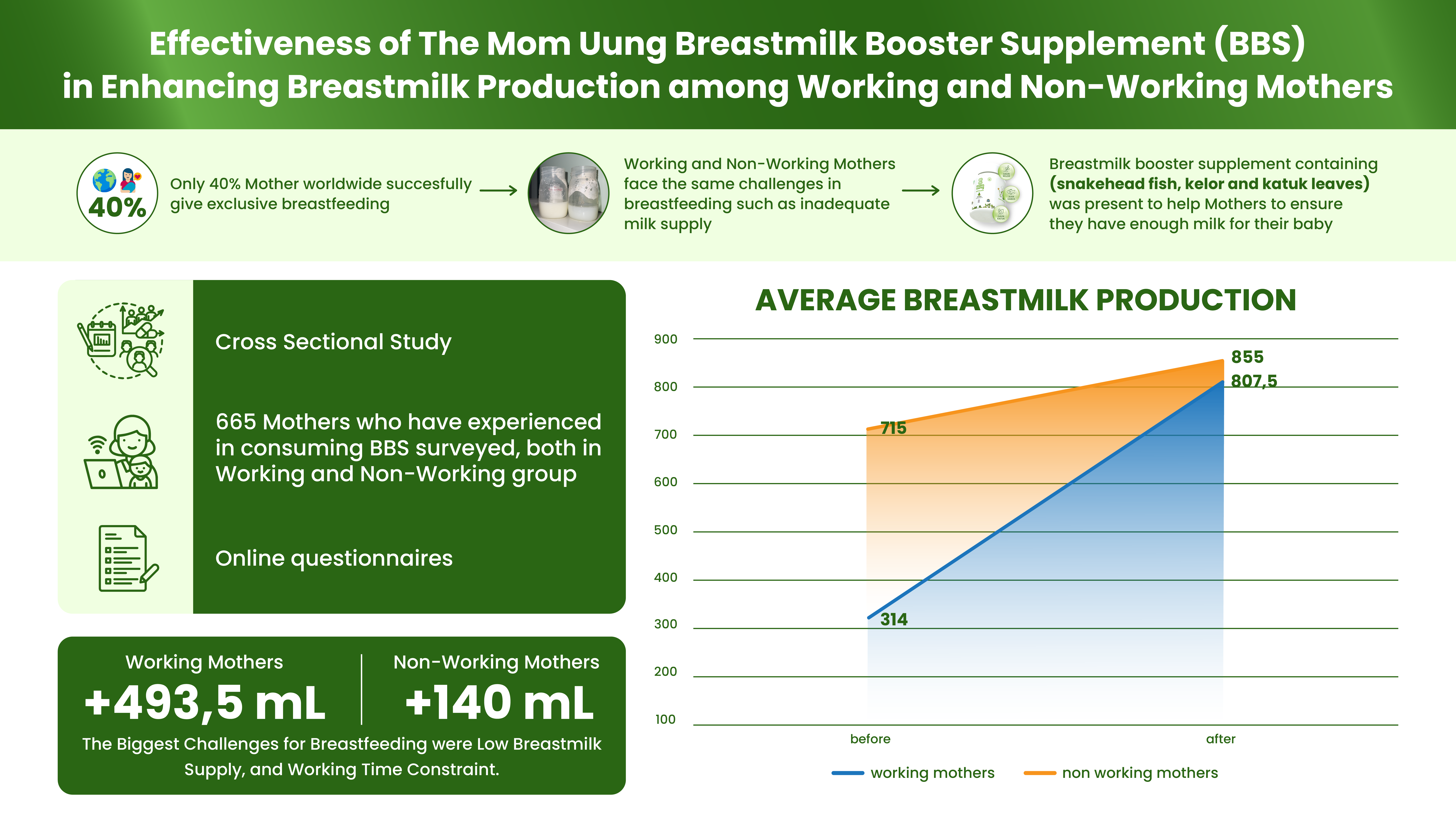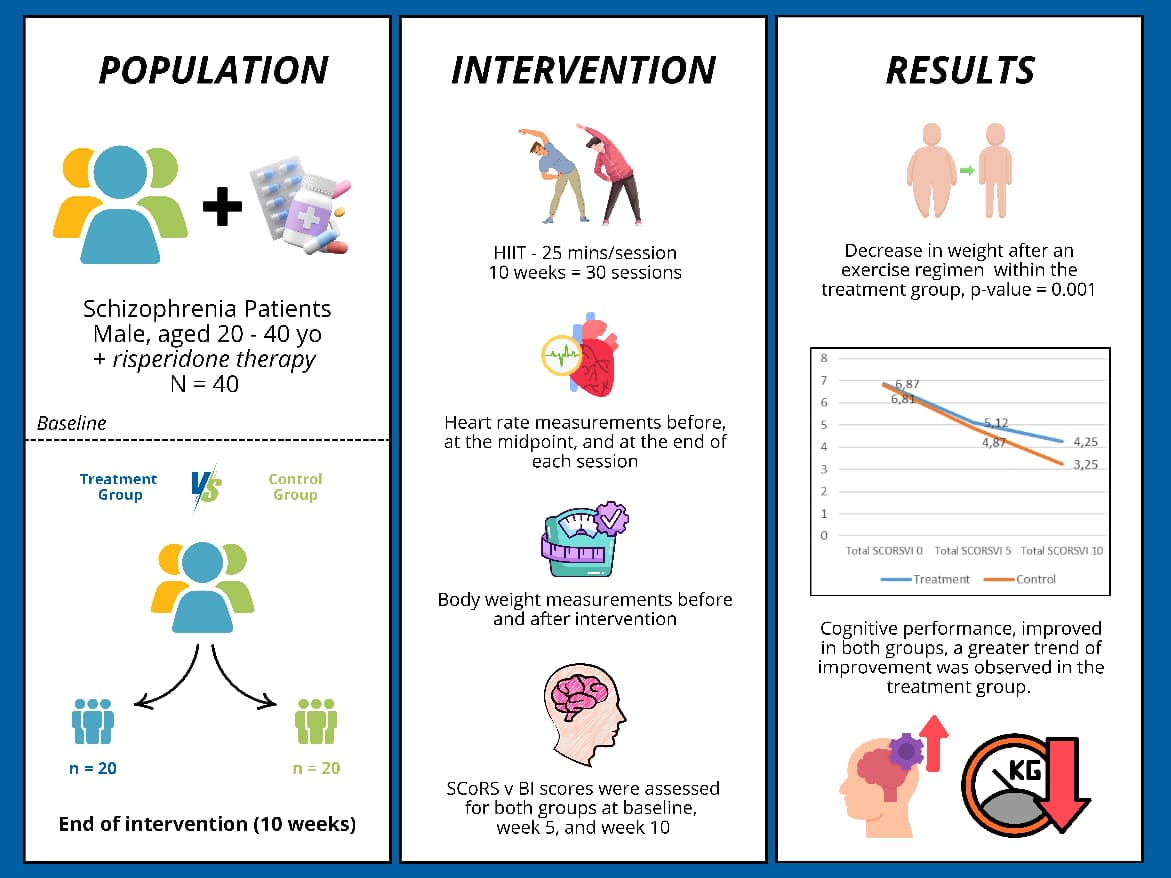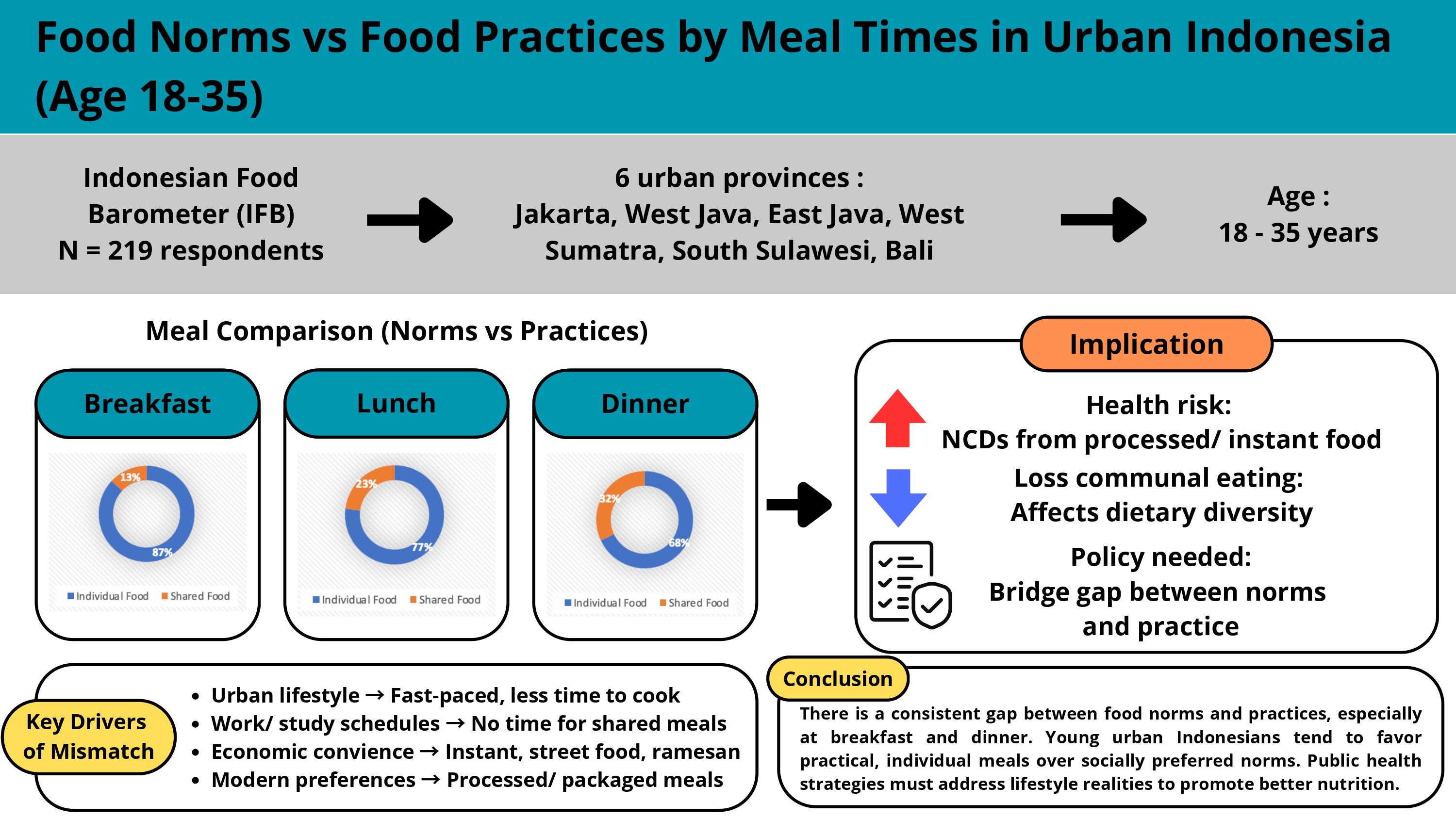Evaluating Change Behaviour Training Model for Improving Nutrition Knowledge and Counseling Skill among Peer Couselors in Malang District
Downloads
Capacity strengthening and interpersonal communication are important in social behavior change communication and would support accelerating the reduction of stunting in Indonesia. Participating actively in learning during the training model can increase capacity among the family support team and the community health workers as peer counselors. The study evaluated the changed behavior training model for nutrition knowledge and counseling skill among peer counselors. The nutrition training using active participation learning was conducted through participants' small discussions on complementary feeding problems and counseling practice. The total participation is 125 from family support teams and community health workers. The study used a mixed methodology with cross-sectional study and open interviews to explore perceived participant training on child feeding problem and couseling skills. A pre-post evaluation of nutrition knowledge showed a significant improvement score (p<0.005). At the end of the training, participants' nutrition knowledge score increased to 17 points, and the proportion of the high category of nutrition knowledge improved from 0.4% to 13.5% (p<0.005). The change behavior training model can increase counseling skills and identify barrier factors of breastfeeding and complementary feeding among peer counselors.
Abeng, A. T., & Hardiyanti, L. (2019). Pengaruh Pelatihan Oleh Kader Posyandu Terhadap Praktek Ibu Dalam Pemberian Makanan Pendamping Asi (Mp-Asi). Bina Generasi: Jurnal Kesehatan, 11(1), 1-7.
Awantang, G. N., Helland, A., Velu, S., & Gurman, T. (2022). Evaluating capacity strengthening for social and behavior change communication: a systematic review. Health Promotion International, 37(1), daab068.
Balitbangkes. (2018). Hasil Riset Kesehatan Dasar (Riskesdas). Jakarta : Kementrian Kesehatan
R.I
Bhutta ZA, Das JK, Rizvi A, Gaffey MF, Walker N, Horton S, Webb P, Lartey A, Black RE. (2013). Evidence-based interventions for improvement of maternal and child nutrition: what can be done and at what cost? The Lancet, 382: 452-477.doi: 10.1016/s0140-6736(13)60996-4.
De Onis, M., Borghi, E., Arimond, M., Webb, P., Croft, T., Saha, K., ... & Flores-Ayala, R. (2019). Prevalence thresholds for wasting, overweight and stunting in children under 5 years. Public health nutrition, 22(1), 175-179.Perpres no 72 tahun 2022
Dewey KG. (2013). The challenge of meeting nutrient needs of infants and young children during the period of complementary feeding: an evolutionary perspective. The Journal of nutrition, 143:2050-2054.
Dixon, A. Motivation and Confidence: What Does it Take to Change Behaviour; The Kings Fund: London, UK, 2008.
Kelly, M.P.; Barker, M. (2016). Why is changing health-related behaviour so difficult? Public Health. 136, 109–116.
Kemenkes RI. (2021). Buku saku hasil Studi Status Gizi Indonesia (SSGI) tingkat nasional, provinsi, dan kabupaten/kota tahun 2021. Jakarta: Kemenkes RI.
Muslihah N. (2014). Study on household food insecurity and impacts on child feeding practices, stunting, and anemia of children 6-23 months in poor rural, Indonesia. Research Report
Muslihah, N., Khomsan, A., Briawan, D., & Riyadi, H. (2016). Complementary food supplementation with a small-quantity of lipid-based nutrient supplements prevents stunting in 6-12-month-old infants in rural West Madura Island, Indonesia. Asia Pacific journal of clinical nutrition, 25(S1), s36-s42.
Nankumbi, J., & Muliira, J. K. (2015). Barriers to infant and child-feeding practices: a qualitative study of primary caregivers in rural Uganda. Journal of health, population, and nutrition, 33(1), 106.
Wanson, V.; Maltinsky, W. (2019). Motivational and behaviour change approaches for improving diabetes management. Pract. Diabetes. 36, 121–125.
Workicho, A., Biadgilign, S., Kershaw, M., Gizaw, R., Stickland, J., Assefa, W., ... & Kennedy, E. (2021). Social and behaviour change communication to improve child feeding practices in Ethiopia. Maternal & Child Nutrition, 17(4), e13231.

This work is licensed under a Creative Commons Attribution-NonCommercial-ShareAlike 4.0 International License.
- MEDIA GIZI INDONESIA Journal is the copyright owner of all materials published on this website.
- The formal legal provisions for access to digital articles of this electronic journal are subject to the terms of the Creative Commons Attribution-NonCommercial-ShareAlike license (CC BY-NC-SA 4.0), which means that MEDIA GIZI INDONESIA Journal and readers reserve the right to save, transmit media / format, manage in database, maintain, and publish articles as long as it continues to include the name of the Author.
- Printed and published print and electronic manuscripts are open access for educational, research and library purposes. In addition to these objectives, the editorial board shall not be liable for violations of copyright law.


2.png)















